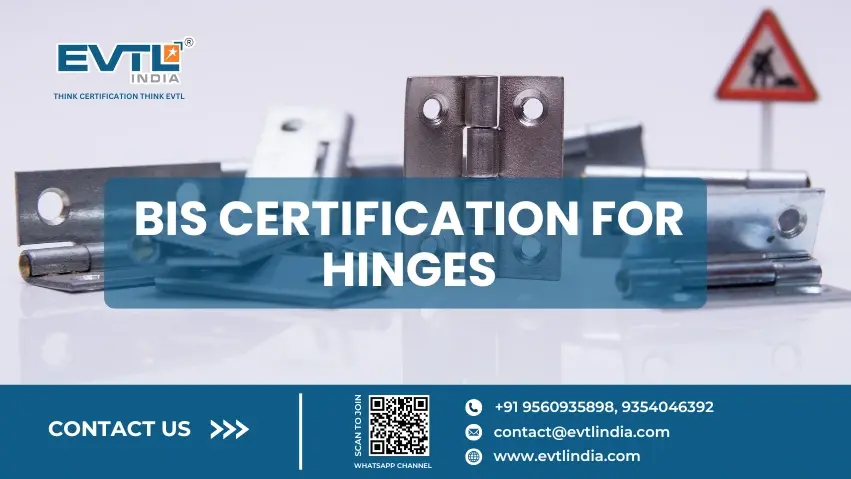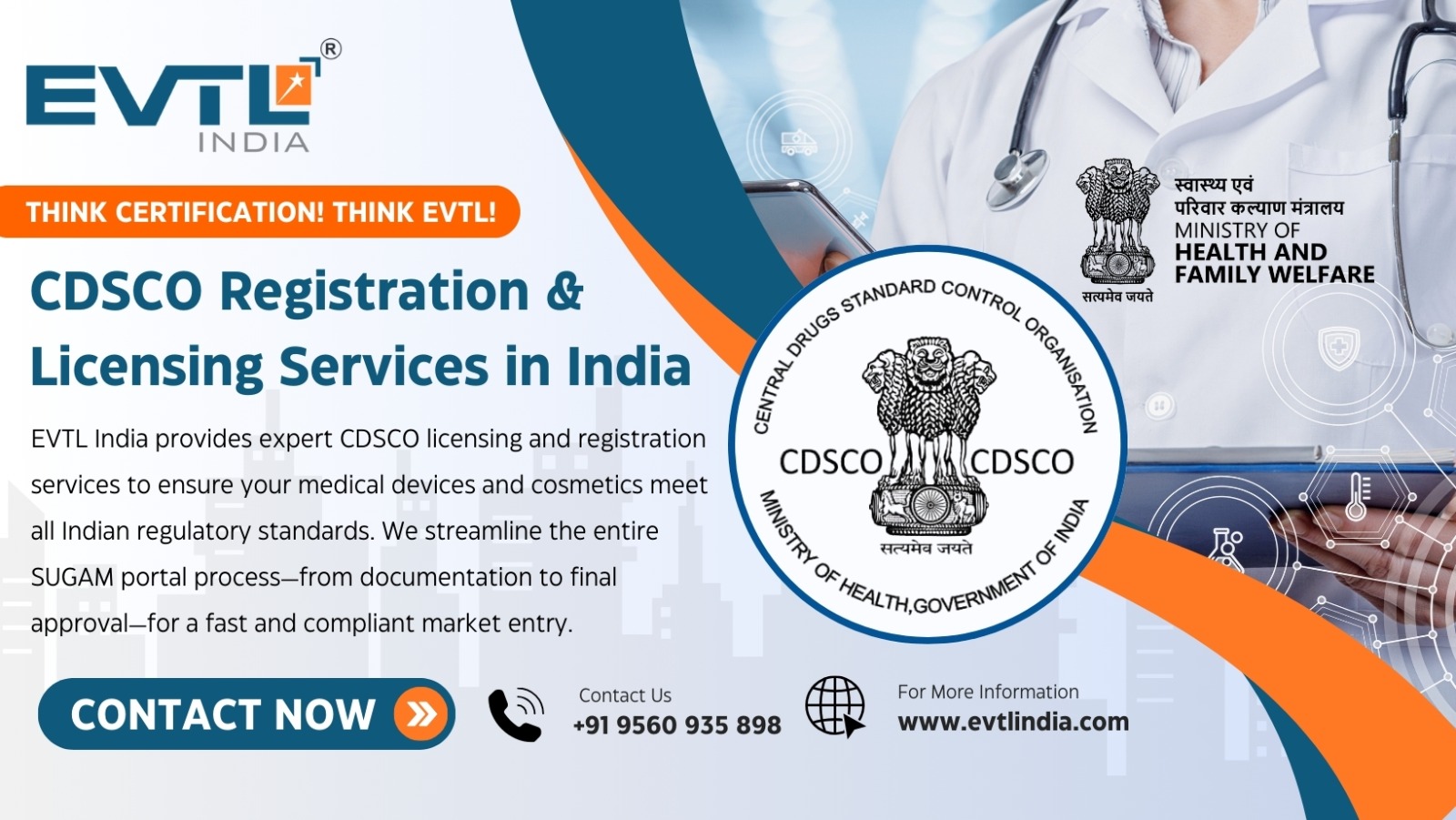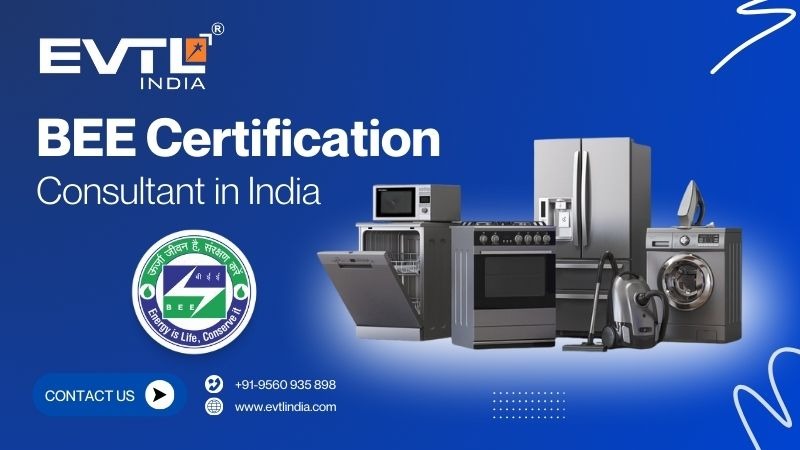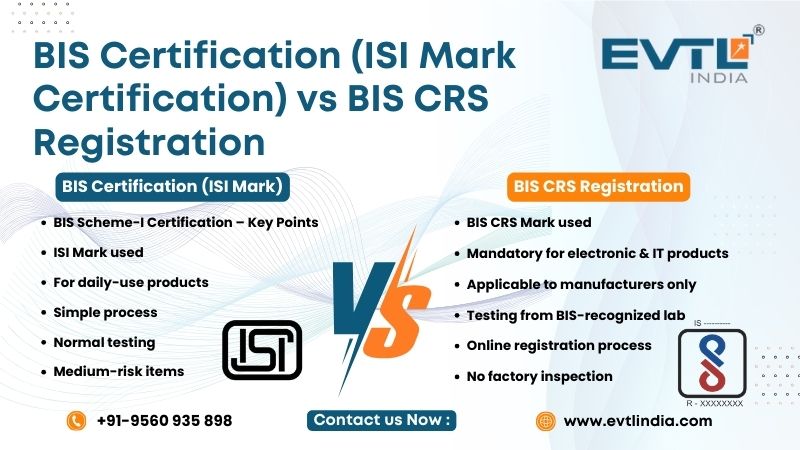Hinges are essential components in
architectural and industrial applications, ensuring the functionality and
durability of doors, windows, and cabinets. Recognizing their significance, the
Indian government has mandated strict quality standards for hinges through the Hinges (Quality Control) Orders of 2023 and
2024. These regulations require manufacturers to obtain BIS certification
to ensure quality, reliability, and safety.
This blog provides an in-depth
exploration of BIS certification for hinges, detailing the regulatory
framework, certification process, benefits, and implications of non-compliance.
Understanding BIS Certification
The Bureau of Indian Standards (BIS) is India’s apex body for
standardization and quality assurance. BIS certification ensures that a product
meets prescribed Indian Standards (IS) for safety, quality, and performance.
Certified products bear the ISI mark, a symbol of trust and reliability in the
Indian market.
For hinges, BIS certification is now
compulsory under the Hinges (Quality
Control) Orders issued by the Ministry of Commerce and Industry.
Regulatory Framework for Hinges
To ensure the quality and safety of
hinges, the Ministry of Commerce and Industry issued two significant Quality
Control Orders (QCOs):
1. Hinges (Quality Control) Order, 2023
● Issued by: Ministry of Commerce and
Industry (Department for Promotion of Industry and Internal Trade).
● Objective: To establish mandatory BIS
certification for hinges and promote quality assurance in manufacturing.
2. Hinges (Quality Control) Order, 2024
● Issued by: Ministry of Commerce and
Industry.
● Key Provisions:
○ Mandates BIS certification for all
specified hinge types.
○ Allows only products with the
ISI mark to be sold in the Indian market.
○ Designates the Bureau of Indian
Standards (BIS) as the certifying and enforcing authority.
○ Stipulates penalties under the Bureau of Indian Standards Act, 2016,
for non-compliance.
Importance of BIS Certification for Hinges
Hinges, though small, are critical to
the structural integrity and operation of doors, windows, and furniture.
Ensuring their quality is vital for safety and longevity. The key reasons why
BIS certification is essential include:
1.
Assured Quality and Safety: BIS certification
guarantees that hinges conform to stringent Indian Standards, ensuring
consistent quality and safe usage.
2.
Legal Compliance: The Hinges (Quality Control)
Orders make BIS certification mandatory, making it a legal necessity for
manufacturers to comply.
3.
Consumer Confidence: The ISI mark on hinges
signifies reliability, fostering trust among buyers and end-users.
4.
Global Competitiveness: BIS-certified products
enjoy greater acceptance in both domestic and international markets.
Hinges Covered Under the Quality Control Orders
The QCOs apply to a wide range of hinges, including but not limited to:
|
Products Covered |
Indian Standard |
Hinges QCO |
|
IS 12817:2020 |
Hinges (Quality Control) Order, 2023
Hinges (Quality Control) Order, 2024 | |
|
IS 1341:2018 | ||
|
IS 205:1992 | ||
|
IS 206:2010 | ||
|
IS 362:1991 | ||
|
IS 3818:1992 | ||
|
IS 3843:1995 | ||
|
IS 453:1993 | ||
|
IS 18297:2023 |
Manufacturers must verify whether their products fall within the scope of the QCOs to ensure compliance.
Process for BIS Certification
The BIS
certification process for hinges, designed to thoroughly evaluate a product's
compliance with the required standards. Here is a general overview of the
certification process:
1. Application Submission: Manufacturers
must submit an application form along with required documentation to BIS.
2. Documentation Review: BIS reviews the
submitted documents to ensure completeness and correctness.
3. Factory Inspection: BIS officials
conduct an on-site inspection of the manufacturing facility to assess the
production process and quality control measures.
4. Sample Testing: Product samples are
taken and tested in BIS-approved laboratories to verify compliance with Indian
standards.
5. Certification Grant: Upon successful
completion of the inspection and testing, BIS grants certification, allowing
the manufacturer to use the BIS mark on their products.
Documents
Required for BIS Certification
To apply for BIS
certification, manufacturers need to submit the following documents:
● Application form
● Manufacturing process details
● Quality control plan
● Test reports from BIS-approved
laboratories
● Factory layout and equipment
details
● Proof of business registration
● Product specifications and
technical details
● Declaration of conformity to
Indian standards
Additionally,
manufacturers may be required to provide proof of compliance with environmental
and safety regulations, depending on the specific type of product being
certified.
Benefits of BIS Certification for Hinges
Compliance with BIS certification
offers numerous advantages for manufacturers, consumers, and the industry at
large:
1.
Market Access: Only BIS-certified hinges with the
ISI mark can be legally sold in the Indian market, making certification a
prerequisite for market entry.
2.
Enhanced Product Quality: Adhering to BIS standards
ensures high-quality products that meet consumer expectations and industry
benchmarks.
3.
Increased Consumer Trust: The ISI mark is a
hallmark of quality and safety, boosting consumer confidence in certified
products.
4.
Competitive Advantage: BIS-certified products are often
preferred in procurement processes, providing manufacturers with an edge over
non-compliant competitors.
Challenges in Obtaining BIS Certification
While the benefits of BIS
certification are clear, manufacturers may face challenges during the
certification process:
● Cost Implications: The expenses related
to application fees, product testing, and factory inspections can be
significant.
● Time-Consuming Process: Certification
involves rigorous testing and inspections, which can delay market entry.
● Upgrading Facilities: Manufacturers may
need to enhance their production processes to meet BIS standards.
Despite these challenges, the
long-term benefits of compliance far outweigh the initial efforts.
Consequences of Non-Compliance
Failure to comply with the Hinges
(Quality Control) Orders can have severe implications:
1.
Legal Penalties: Violators are punishable under the
Bureau of Indian Standards Act, 2016,
which includes fines and potential bans on selling non-compliant products.
2.
Market Restrictions: Non-certified hinges cannot be
legally sold in India, leading to loss of revenue and market share.
3.
Reputational Damage: Non-compliance can tarnish a
manufacturer’s reputation, making it difficult to regain consumer trust.
Conclusion
The mandatory BIS certification for
hinges under the Hinges (Quality
Control) Orders of 2023 and 2024 underscores the Indian government’s
commitment to standardizing product quality and safety. For manufacturers,
compliance is not just a legal requirement but a pathway to gaining consumer
trust and unlocking market opportunities.
While the certification process may
require an initial investment of time and resources, the long-term
benefits—enhanced product quality, legal compliance, and market
competitiveness—make it a worthwhile endeavor. Manufacturers must act
proactively to align with these regulations and contribute to the growth of a
quality-driven industry.
Navigating the BIS certification
process can be challenging, especially for small and medium-sized enterprises.
EVTL India is a leading consultancy firm dedicated to assisting manufacturers
in obtaining BIS certification (ISI Mark) efficiently. With expertise in
managing BIS portal submissions, documentation, and regulatory fees, EVTL India
ensures a smooth and successful certification process. By choosing EVTL India,
manufacturers can enhance their product's marketability both in India and
internationally, securing a competitive edge. Additionally, EVTL India provides
ongoing support post-certification, helping manufacturers maintain compliance
with BIS standards and renew their licenses as needed.
FAQs About BIS Certification for Hinges
1. What is the ISI mark, and why is it important?
The ISI mark is a certification symbol
indicating that a product conforms to Indian Standards. For hinges, it assures
buyers of quality, reliability, and safety.
2. Who enforces the BIS certification for hinges?
The Bureau of Indian Standards (BIS)
is the certifying and enforcing authority under the Hinges (Quality Control)
Orders.
3. Are all types of hinges covered under the
QCOs?
The QCOs specify certain categories of
hinges that require BIS certification. Manufacturers must refer to the orders
to identify applicable products.
4. Can foreign manufacturers apply for BIS
certification?
Yes, foreign manufacturers intending
to sell hinges in India must obtain BIS certification and comply with the QCOs.
5. How long does the BIS certification process
take?
The process typically takes 4–6
months, depending on factors like product testing and factory inspections.
6. What are the penalties for non-compliance?
Non-compliance is punishable under the
Bureau of Indian Standards Act, 2016, with fines and restrictions on market
access.





















